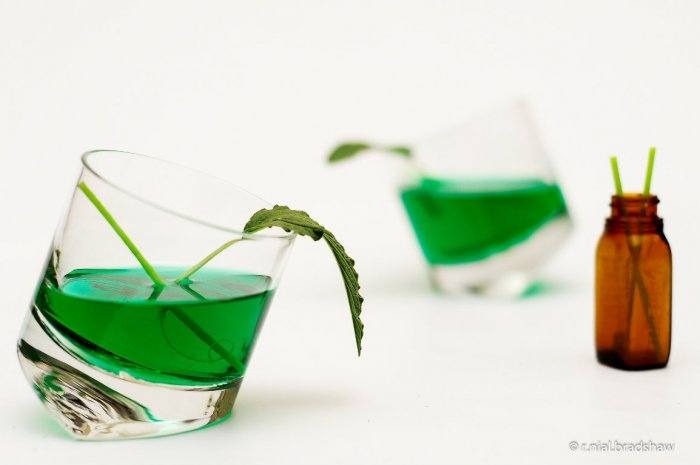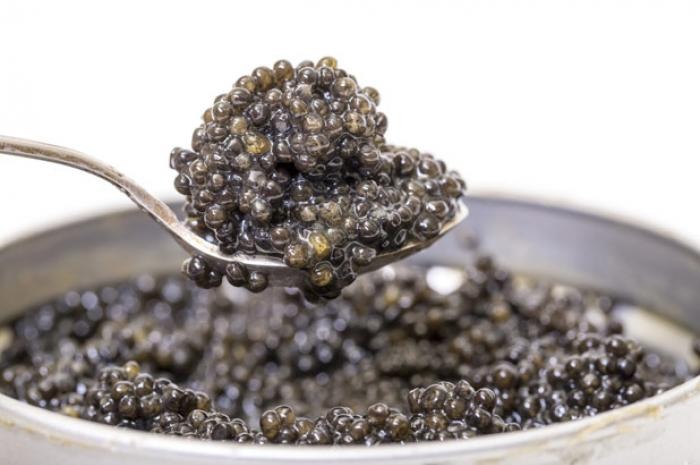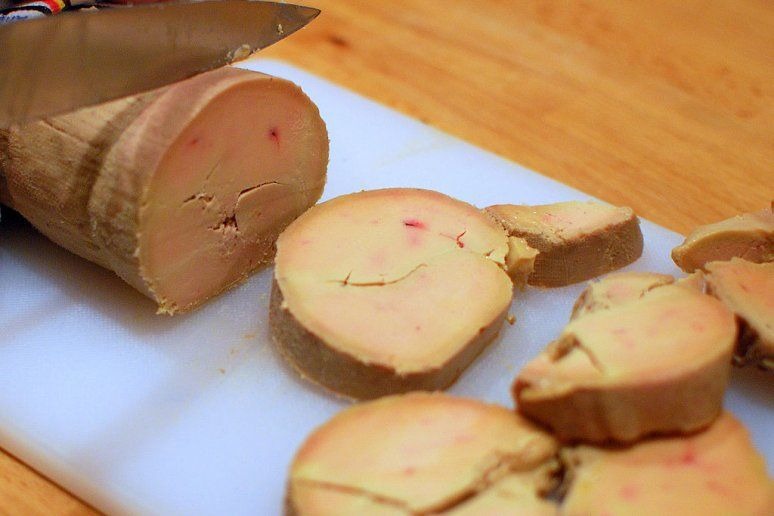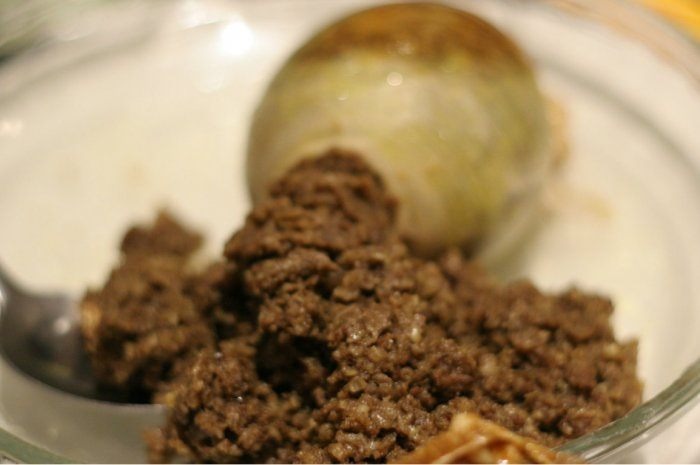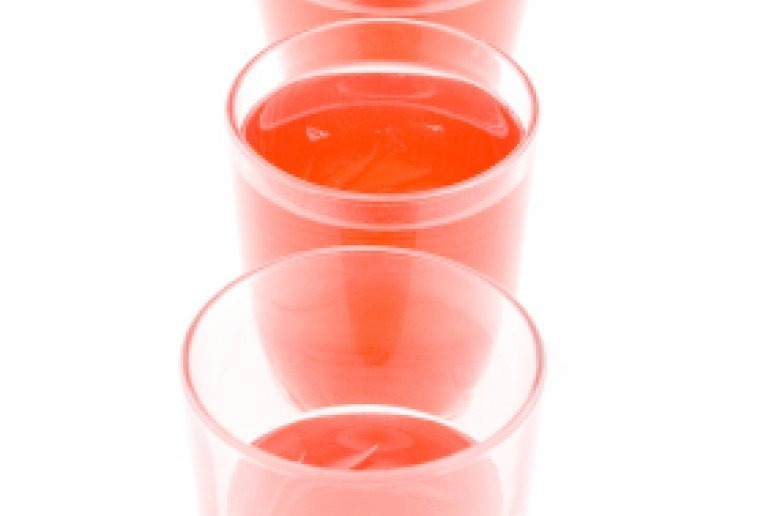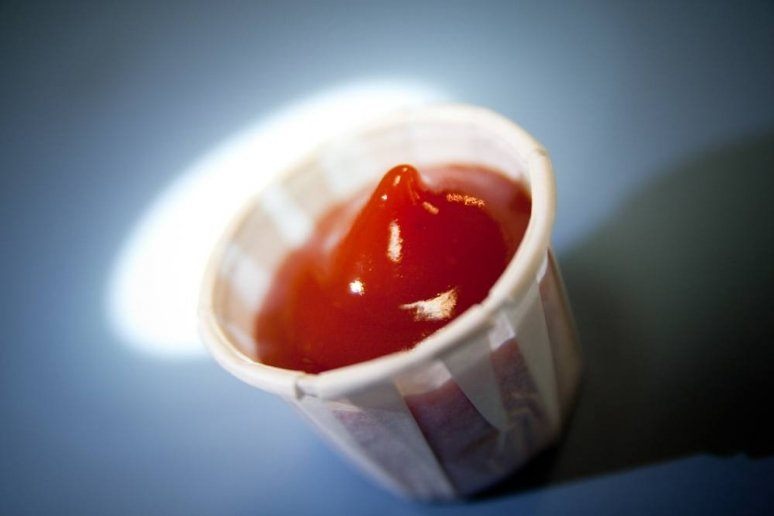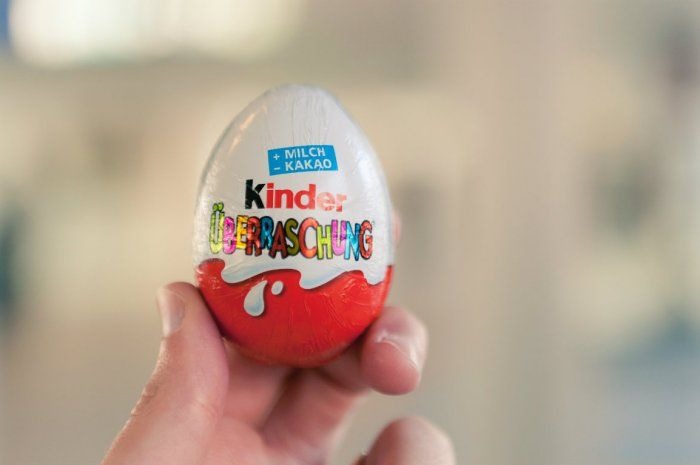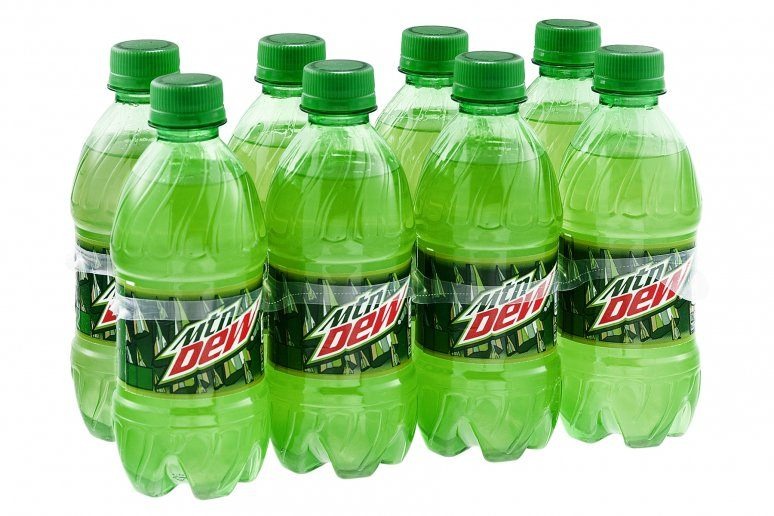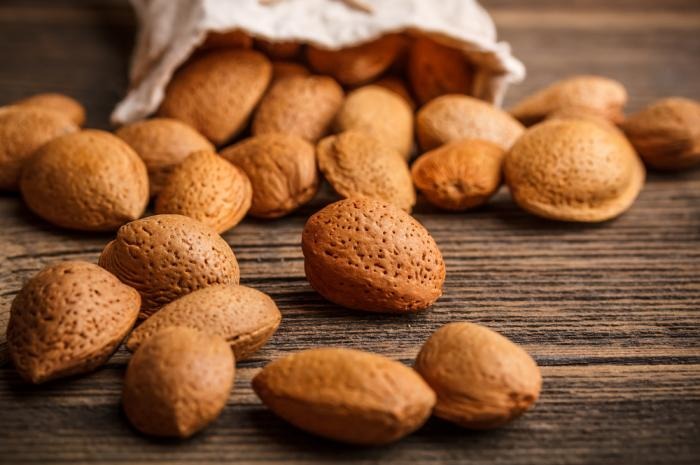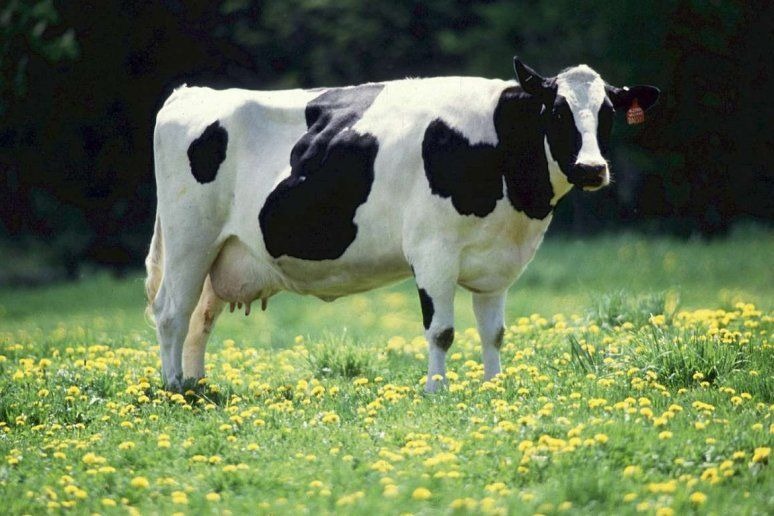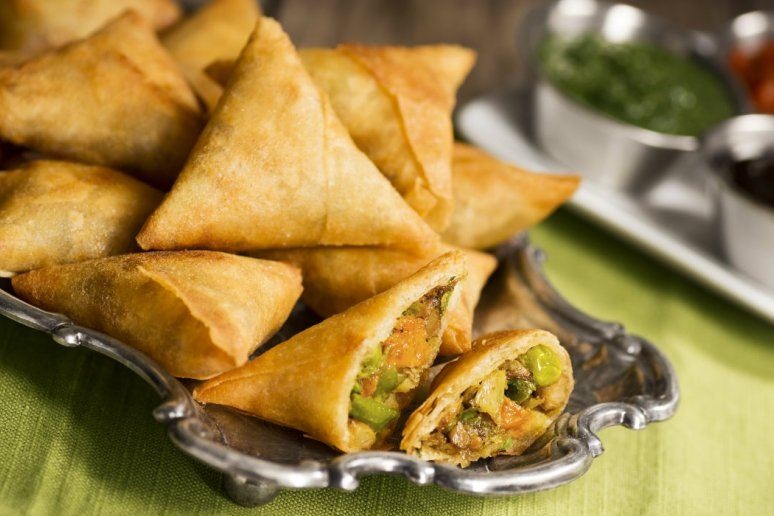12 Foods And Beverages Banned Around The World For Reasons Both Sane And Silly Slideshow
A high-proofed, licorice-flavored spirit, absinthe has long been the subject of folklore (and horrifying drinking stories) for its hallucinogenic properties, and it was banned in many countries for much of the twentieth century. In 2007, the United States removed its long-standing ban on the sale and production of absinthe, but has since required that the beverage be flavored not with its original defining ingredient, wormwood, or Artemisia absinthium (which contains the psychedelic ingredient thujone), but with a related species, Artemisia abrotanum.
Beluga Caviar
Possibly the most upper-class-sounding food on the planet, beluga caviar comes from the eggs of the beluga sturgeon, a critically endangered fish that exists only in the Caspian, Black, and Adriatic seas. It is banned through much of the world by the Convention on International Trade in Endangered Species (CITES) because most the countries that border the sturgeon's native seas fail to prevent their poaching. Perhaps counterintuitively, Iran, which borders the Caspian, is exempt from the ban, as it follows sustainable conservation practices.
Chewing Gum
Singapore takes its 2004 ban on chewing gum very seriously. Apparently, vandals had been wreaking havoc on Singapore's infrastructure with chewing gum by clogging key holes, jamming elevator buttons, and deactivating subway door sensors. The ban has since been revised to permit the sale of fortified chewing gum by a doctor or dentist.
Foie Gras
To make foie gras, duck or geese are force-fed corn through a feeding tube (the process is known as gavage). Over-feeding the poultry causes their livers to grow up to 10 times the normal size, and although foie gras is considered a delicacy is most regions of the world, its questionable production methods have angered animal right's activists. India has banned the importation of foie gras, while its production is illegal in more than 20 countries including Germany, Israel, and Switzerland. Foie gras was also banned for a time in both Chicago and California, but both bans were later rescinded.
Haggis
Haggis is the second-most famous Scottish product (behind whisky, of course). It's made of sheep heart, liver, and lungs, mixed with oatmeal, suet, and spices and stuffed — at least traditionally — into a sheep's stomach. It sounds awful but is actually delicious, especially with a dram of Scotch on the side. It's banned in the U.S. because of a rather arbitrary ban on the lungs of the sheep (though not the heart or liver). The U.K. government is trying to get its American counterpart to overturn the ban; meanwhile, lungless versions are sold here, in cans or wrapped in plastic.
Jelly Cups
Jelly cups are illegal throughout Europe because they contain either konjac, konjac gum, or konjac glucomannan. These additives give the jelly cups, which are designed to be consumed whole in one gulp, their slick and slimy texture, but they have been deemed a choking hazard by the European Union. They are still very popular in Japan, Taiwan, and other Asian countries.
Ketchup
In what is probably the silliest ban on this list, the French banned ketchup from their primary schools because they were afraid students will use it to mask their traditional French cuisine. The idea is that public schools are not only supposed to be feeding children, but teaching them about French cuisine, and ketchup would obviously ruin all those quenelles de brochet and that tripe à la môde de Caen. Ironically, students are still allowed to use ketchup on their French fries.
Kinder Surprise Eggs
It's no surprise that the combination of toys and chocolate would be a big hit with children, but Kinder Surprise Eggs (hollow, chocolate eggs concealing a plastic toy) are banned in the United States. Although legal in the rest of the world, the 1938 Federal Food, Drug, and Cosmetic Act prohibits the selling of food that contains a "non-nutritive object" with the fear that children may choke on them.
Mountain Dew
Mountain Dew is banned in Europe and Japan because it contains brominated vegetable oil (BOV), a food additive that is used to maintain the drink's unnatural citrus flavor. The chemical has been linked to causing skin and nerve damage, but its use is still permitted in small amounts in the United States, even though it hasn't been on the FDA's GRAS (generally recognized as safe) list for decades.
Raw Almonds
Though perceived as a healthy snack, 100 percent raw almonds are actually illegal to sell in the U.S. The law was passed following a 2001 salmonella outbreak in Canada, which was later linked back to an almond grower in California. Almonds have to be steam-heated to 200 degrees Fahrenheit or fumigated with propylene oxide gas in order to be sellable. A loophole exists: if producers can show that their regular blanching or roasting methods raise temperatures to the required levels, they can forgo the other processes.
Raw Milk
The sale of raw (unpasteurized) milk is banned in Canada, Scotland, Australia, and 18 U.S. states because of the risk that it might carry dangerous bacteria such as salmonella, listeria, and E. coli. The pasteurization process heats milk to a high enough temperature to kill off most pathogens.
Samosas
Samosas are not a food you can mess up: Fried pastries filled with meat, potato, or lentils? Yes, please. But Al Shabaab, the extremist Muslim group that controls much of war-torn Somalia, has banned locals under their jurisdiction from eating the pastry because unscrupulous vendors were selling samosas filled with rotten meat. Early reports claimed the pastries were banned because their triangular shape was too much like the Christian Trinity, but all you have to do is make it into a more Islamic crescent shape and — voilà! — you've got an empanada.
